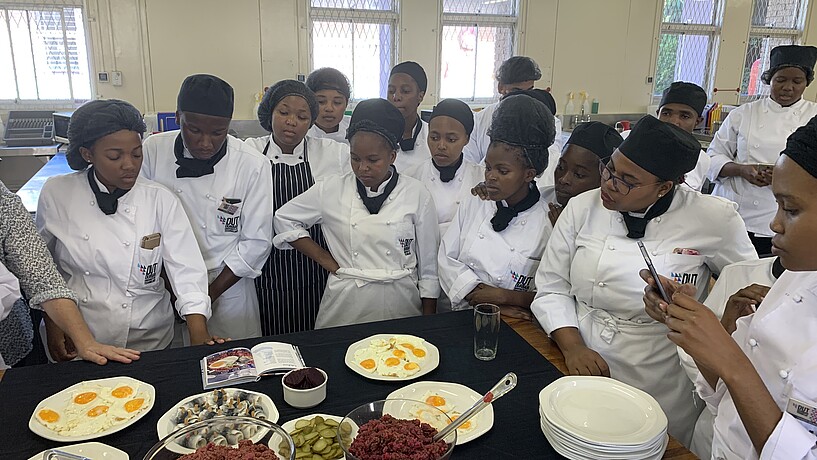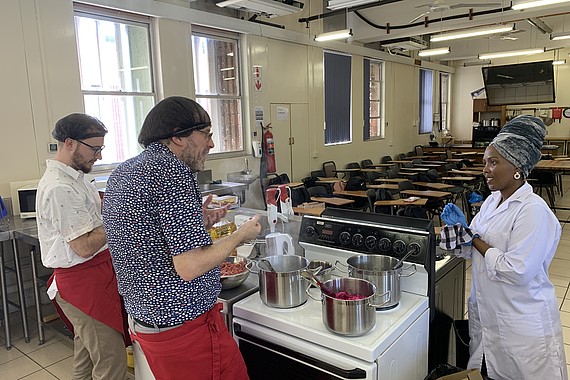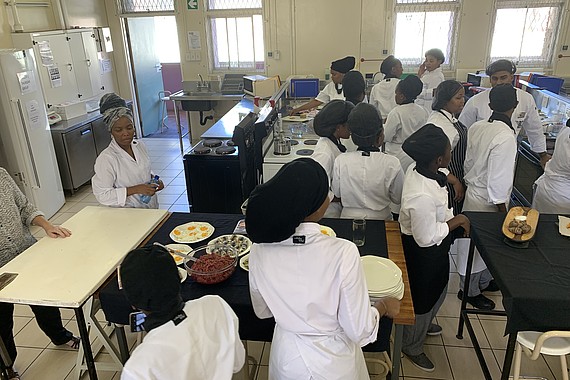For the last two years, HAW Hamburg and the Durban University of Technology (DUT) have had a cooperation agreement in place. Following the concretisation of this agreement in February 2020 by the instructors in the Department of Nutrition and Home Economics in the Faculty of Life Sciences and the Department of Food and Nutrition Consumer Sciences at the DUT and an initial two-week on-site course in Durban, the first joint online course for students at both universities is now about to start. The joint online course is based on the concept of collaborative online international learning (COIL). This means a remote teaching format where the participating students will work together on exercises in mixed international teams with the help of collaborative online tools such as Trello, Slack, Zoom and Moodle/EMIL.
In weekly online meetings via Zoom, the mixed student teams are given presentations on specific topics. They receive related instructions and exercises, which they need to structure, organise and complete within their group with the help of the collaborative tools. Where needed, students receive help online from the instructors. The team members also have to present the results of their work in the weekly meetings and as a written report at the end of the course.



